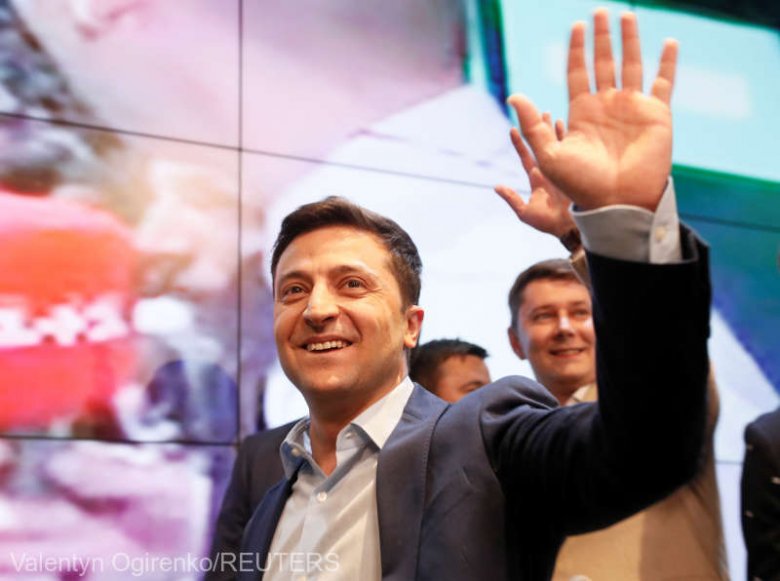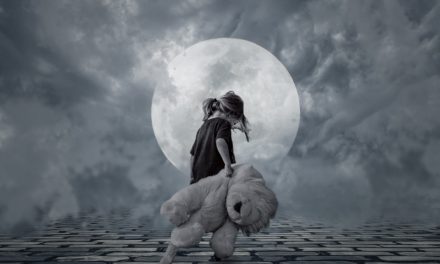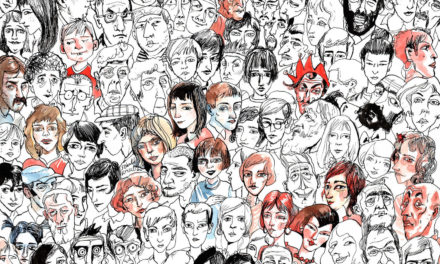Immeasurable damage to the social cohesion of the USA and Western Europe was caused by the fact that, following Francis Fukuyama, Western intellectuals believed that with the collapse of the Soviet Union "history really did end". However, according to Frank Füredi, not at all!
This time, the social scientist of Hungarian origin, blessed with exceptional insight, explores the deepest reasons for the outbreak of the Russian-Ukrainian war in his latest volume, which is entitled "The Way to Ukraine - The West is Going astray". Frank Füredi, also known as the sociologist of fear, is considered one of the most frequently cited social researchers. In recent years, one of his most important areas of research has become the shaking of the West's moral foundations, and he believes that this has a lot to do with the conflict in Ukraine and the reckless, hasty responses given by the West.
Füredi's first important observation is that the fact that, following Francis Fukuyama, caused immeasurable damage to the social cohesion of the USA and Western Europe
the Western intelligentsia believed that with the collapse of the Soviet Union "history really did end".
This thesis was embraced by the liberal elite to such an extent that it pervades their thinking to this day. This is one of the reasons why they label almost everything with the prefix "post", from postmodern to postindustrial. As if everything happens after the end of time.
However, as Füredi sees it, with the end of the Cold War, history did not end, but the moral and political consensus which, in the eyes of Westerners, clearly marked the difference between good and evil, the border between darkness and light. Until 1991, the fight against communism determined the main thrust of the USA and Western Europe, providing a social moral minimum that was unquestionable for the vast majority of citizens. However, with the fall of the Soviet Union
the external terror that ensured cohesion disappeared, and within a short time the internal contradictions surfaced, the culture battle that had been fought in the background for decades now became a defining phenomenon.
Western leaders quickly recognized all of this, and since the end of the 1990s they have been looking for a new source of legitimacy against which Western civilization can define itself. An example of this was the "fight against terrorism", and this may also explain why some politicians and commentators welcomed Vladimir Putin's invasion with barely concealed joy, because they believe that
the return of the Russians to the focus of fear can effectively assume the role of an external enemy that ensures cohesion.
Füredi believes that all this remains a vain hope, because in today's conditions there is nothing that can bring about the social unity typical of the Cold War era. The reason for this is that
Western man has been torn apart and turned against his own history, as well as disarmed in a moral sense.
Füredi traces the roots of the phenomenon back to the end of the Second World War, because this was the point when a significant part of the Western intellectual elite convinced themselves that
the national identity, and even the nation itself - which feeds on the results of the past and builds the future in the present - is bad. The bond connecting the countries' present with their past has been identified as the source of extreme nationalism.
All of this started a process, the essence of which was to tear the people of the West apart, to deprive them, but at least to turn them against their own history.
As we can see from the American and Western European BLM protests, and the way
most manifestations of patriotism became unacceptable , the progressive forces caused considerable damage in this area.
The separation from the past has also deprived the West of its moral roots, which thus hopes in vain to find a moral imperative along which the social unity of civilization could be recreated.
According to Füredi, the above led to the fact that Western politicians were on the one hand unable to assess Vladimir Putin's true intentions, and because of this, they did not believe that Russia would really attack Ukraine until the last moment. Also, this may have led to the fact that at the beginning of the war they were convinced that Kiev would be unable to organize and mobilize the resistance of the Ukrainian people. However, when it became clear that President Zelenskyi not only managed to stop the Russian advance, but also that the Ukrainian forces launched a significant counterattack, suddenly the Ukrainian president and his people emerged as the new heroes of Western progress.
The globalized Western elite, having lost its history and morals, suddenly saw in Ukraine the hope to renew itself.
This is why the blue-yellow flag appeared next to almost everyone's name on social networks, which is why politicians are pushing to
who can travel to Kiev first and pay their respects to the new champion of the West.
A fundamentally pessimistic picture emerges from the very instructive work of Frank Füredi, according to which Western leaders - because they have left behind their history and traditional values - suffer from a kind of geopolitical wolf blindness, which does not allow them to evaluate the Russian-Ukrainian conflict in accordance with reality. Despite this, the social scientist is confident that there is a chance for the heroic stand of the Ukrainian people, which will make Westerners realize something important.
That its historical traditions and moral principles represent values that are essential for the protection of the homeland.
Source and full article: Zoltán Mandiner/Koskovics
Featured image: Reuters













